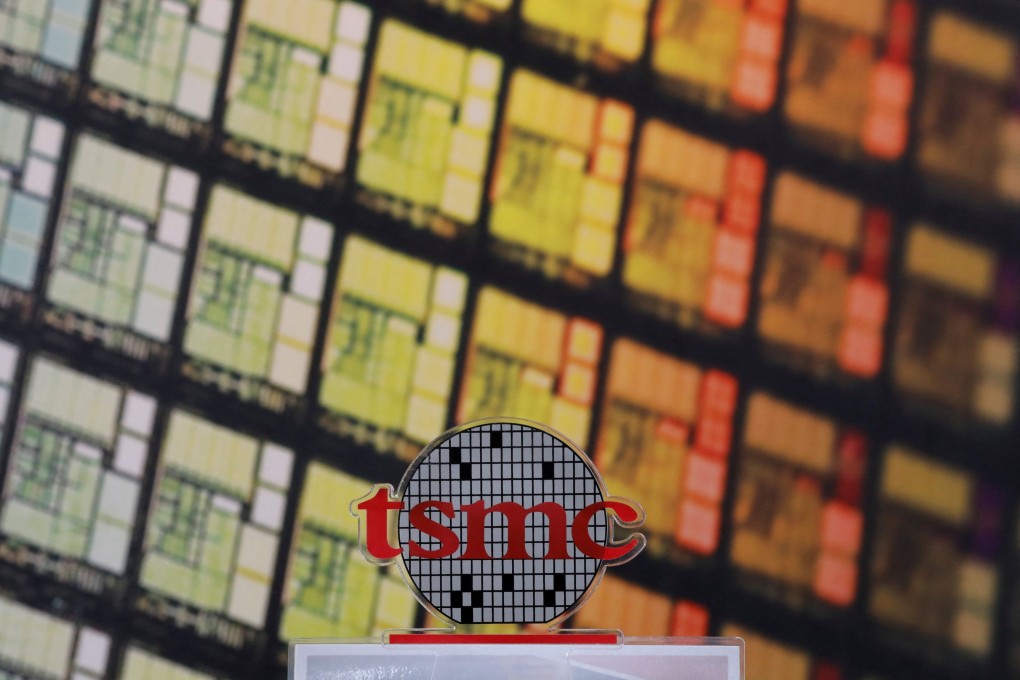Taiwan stocks facing ‘big bully’ prompt Goldman retreat as cross-strait tensions inflict 20 to 40 per cent fund losses
- Taiwan’s benchmark index has lost almost 9 per cent this month, taking the decline this year to 22 per cent in US dollar terms
- China sent 26 warplanes into Taiwan’s air defence identification zone last week, the third-largest PLA sortie in 2022, after row over Taiwan Strait

While geopolitical risk has been a key market feature, signs of a spillover from specific stocks to the broader market are worrisome, according to Goldman Sachs. Four other reasons – Federal Reserve rate hikes, recession, US dollar strength and China slowdown – prompted the US bank to downgrade the market to underweight this month.
The benchmark TWSE Index or Taiex has slipped 22 per cent this year in US dollar terms, leaving the market US$429 billion poorer, according to Bloomberg data. The slump is worse than the 6 per cent drop in the Hang Seng Index and 12 per cent loss in the Tech Index in Hong Kong. The broader MSCI China Index slipped 10 per cent.
“The adjustment in risk perception, the realisation that the geopolitical game has now changed maybe forever because of the Russia-Ukraine environment,” said Rory Green, chief China economist at London-based research firm TS Lombard. This has led to “a shift in pricing”, he added.
Foreign minister Joseph Wu said while the military threat has intensified, “there’s no way Taiwan will cave in and surrender its sovereignty and democracy to the big bully”.
Cross-strait tension has long been a feature of Taiwan equities, historically impacting stocks or sectors with China exposure, according to Alvin So, a strategist in Hong Kong at Goldman Sachs. Lately, the broader Taiwan market has started to price the risk for the first time over the past decade, he said in a report last week. The Taiex’s 9 per cent setback this month, the worst since the pandemic in March 2020, underscores the point.
